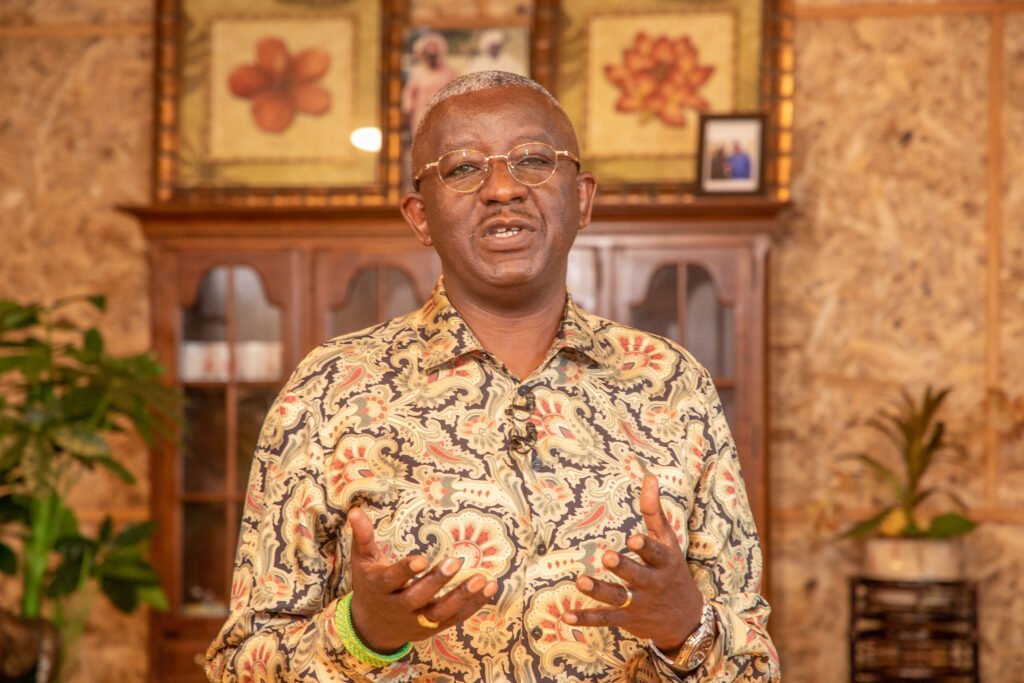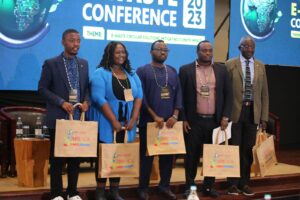Tumia akili! Use your brain! This phrase is commonly used in Kenya when an agitated person lashes out at their offender, urging them to use their brain. However, it needn’t be confined to angry outbursts. Today, I urge us all to indeed use our brains, especially in politics, as a part of national development!
I am inspired by a recent meeting I had with a top brain scientist from Canada, who passionately shared insights with me about the role our brains play in relationships. My main takeaway from this enlightening discussion was that we can use our brains to significantly improve our relationships and politics, leading to tangible development for our great nation.
In the famous words of former President Moi, siasa mbaya maisha mbaya – bad politics results in a bad life. The opposite is true. Good politics results in a good life. Our brains are the key through which we can activate good politics for the betterment of Kenya.
Just like a house, the human brain comprises three different layers. Embedded in these layers are powerful tools that can transform our country. How so?
The first brain layer is known as brainstem. It’s like those basement bomb shelters that are fairly common in conflict prone regions. During air raids or even ground attacks, people in these regions barricade themselves in bomb shelters that are usually in the basement. Similarly, the brainstem’s primary role is to ensure our safety. Every time we don’t feel secure, we retreat to the brainstem. When we do so, communication and positive action are severely compromised.
Security is a pre-requisite of prosperity. The United Nations reveals that ‘for almost 25 years, extreme poverty was steadily declining. Now, for the first time in a generation, the quest to end poverty has suffered its worst setback due to COVID 19, conflict, and climate change.’ Conflict fuels poverty. Here in Kenya, we may thankfully not be having violent bloodshed but violent political rhetoric remains commonplace. This keep forcing Kenyans to retreat into the brainstem layer of their brain.
In order to change our nation, we must provide Kenyans with both security and economic stability. This will provide Kenyans with the emotional maturity needed to scale up from the basement of their brain to the second layer, which is known as the limbic system. Love and connection thrive in this layer, which is like the ground floor of a house.
Just as we gather in the living room and kitchen to bond with family and friends, a nation thrives when its citizens are united and connected. Can you honestly say that Kenyans are currently united and connected? No. Because they are mostly in the basement layer where fight or flight dominate. Hence the constant confrontations (fight) and switching off from politics (flight).
To change our country, we must shepherd Kenyans from the basement of their brain to the ground floor. This starts with fostering positive relationships among individuals and communities. When people feel connected and valued, they are more likely to work together for the common good.
After connecting Kenyans for common good, we should proceed to the frontal cortex, which is the third, upper layer of our brain, where critical thinking thrives. This layer can be compared to the bedroom or office in a house. Its primary function is to reflect, think critically, and plan. This is the problem-solving level.
To change our nation for the better, we must prioritize education and the development of emotional intelligence that enhance critical thinking.
That’s why I subscribe fully to Nelson Mandela’s words that “Education is the most powerful weapon which you can use to change the world.”
In conclusion, I suggest that our approach to national development and unity should shift towards recognizing the profound influence of the human brain and the emotional intelligence it houses. Safety, connection, and problem-solving form the pillars upon which a prosperous and united nation is built. Think green, act green!



